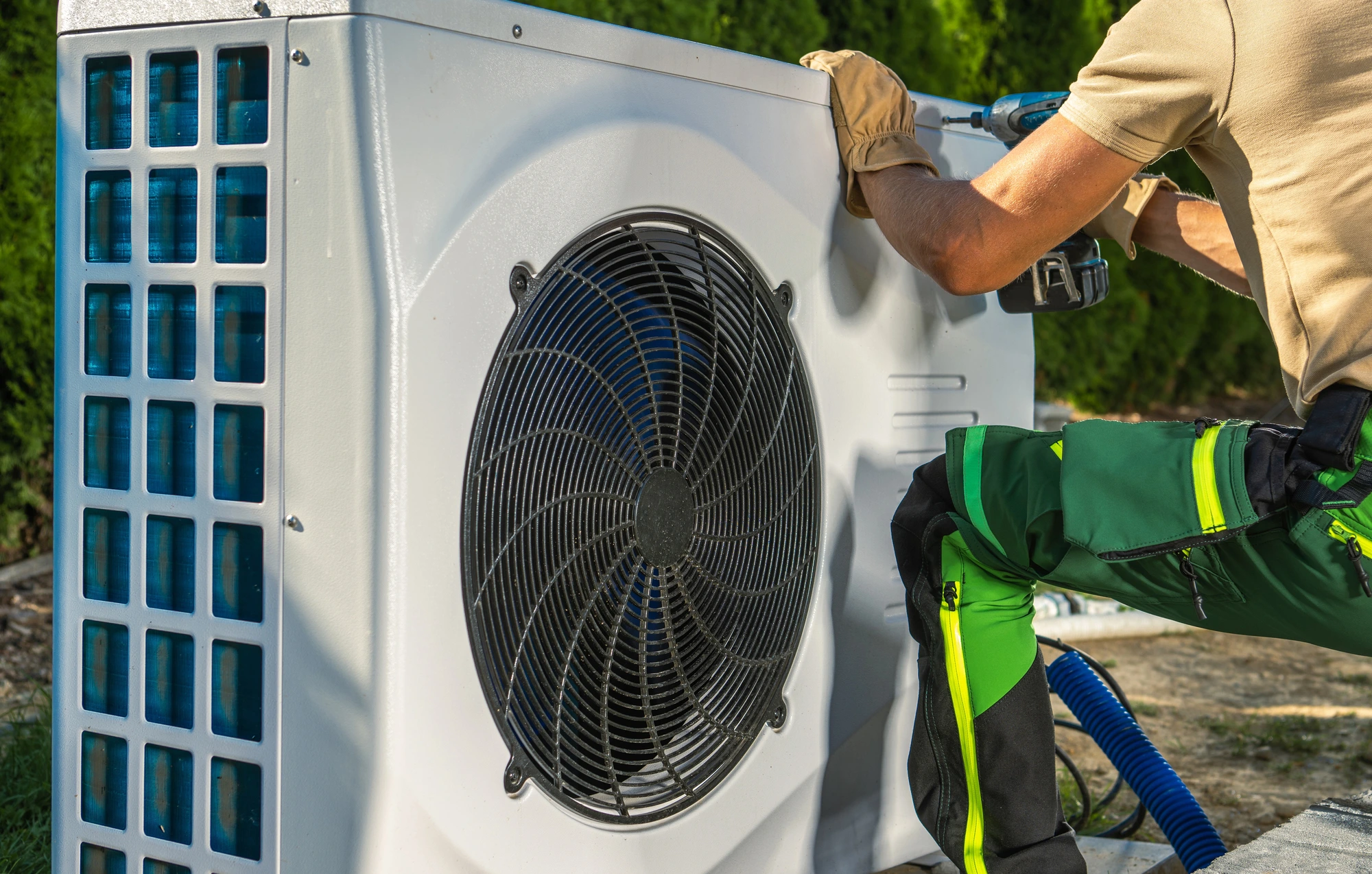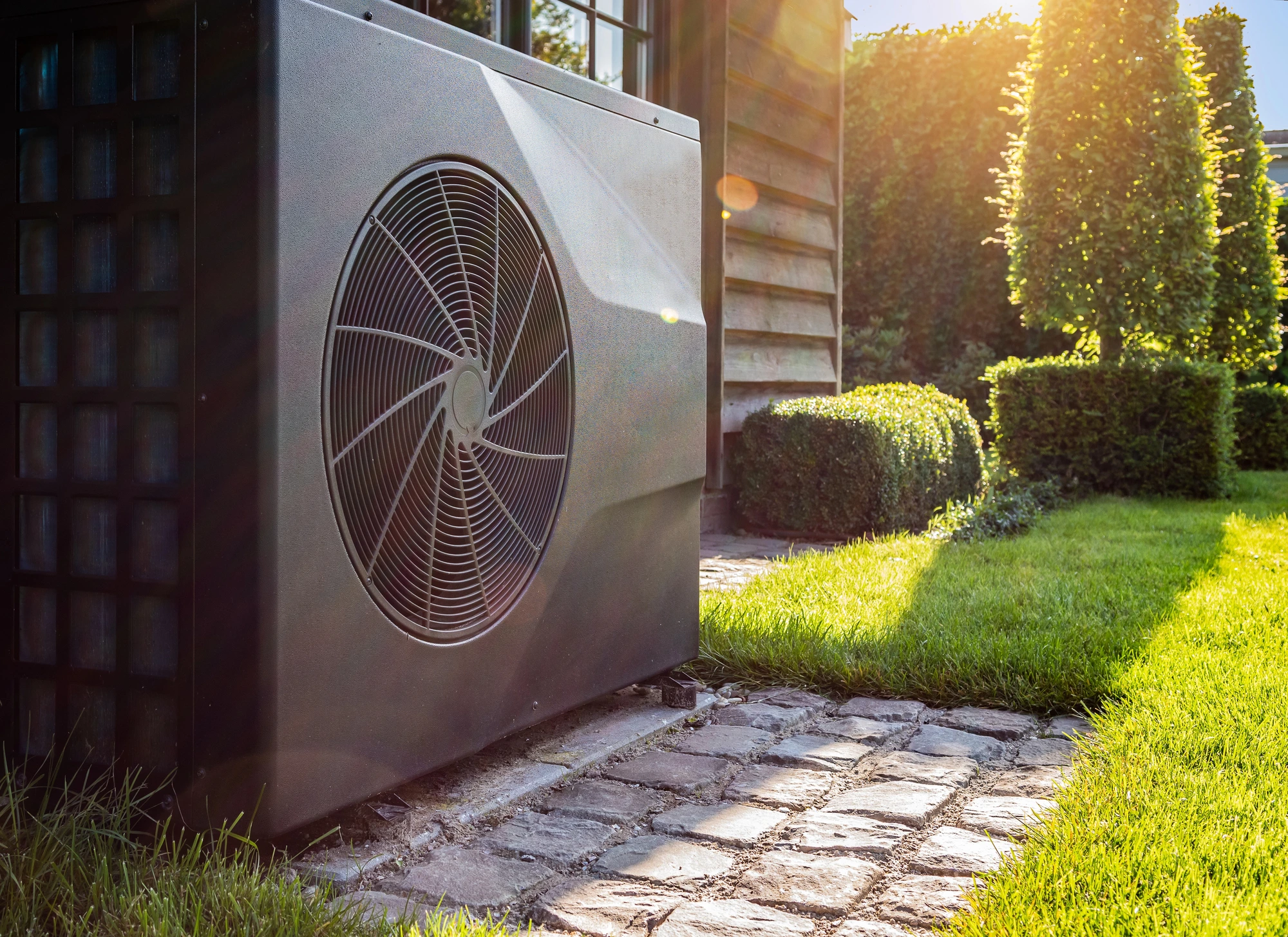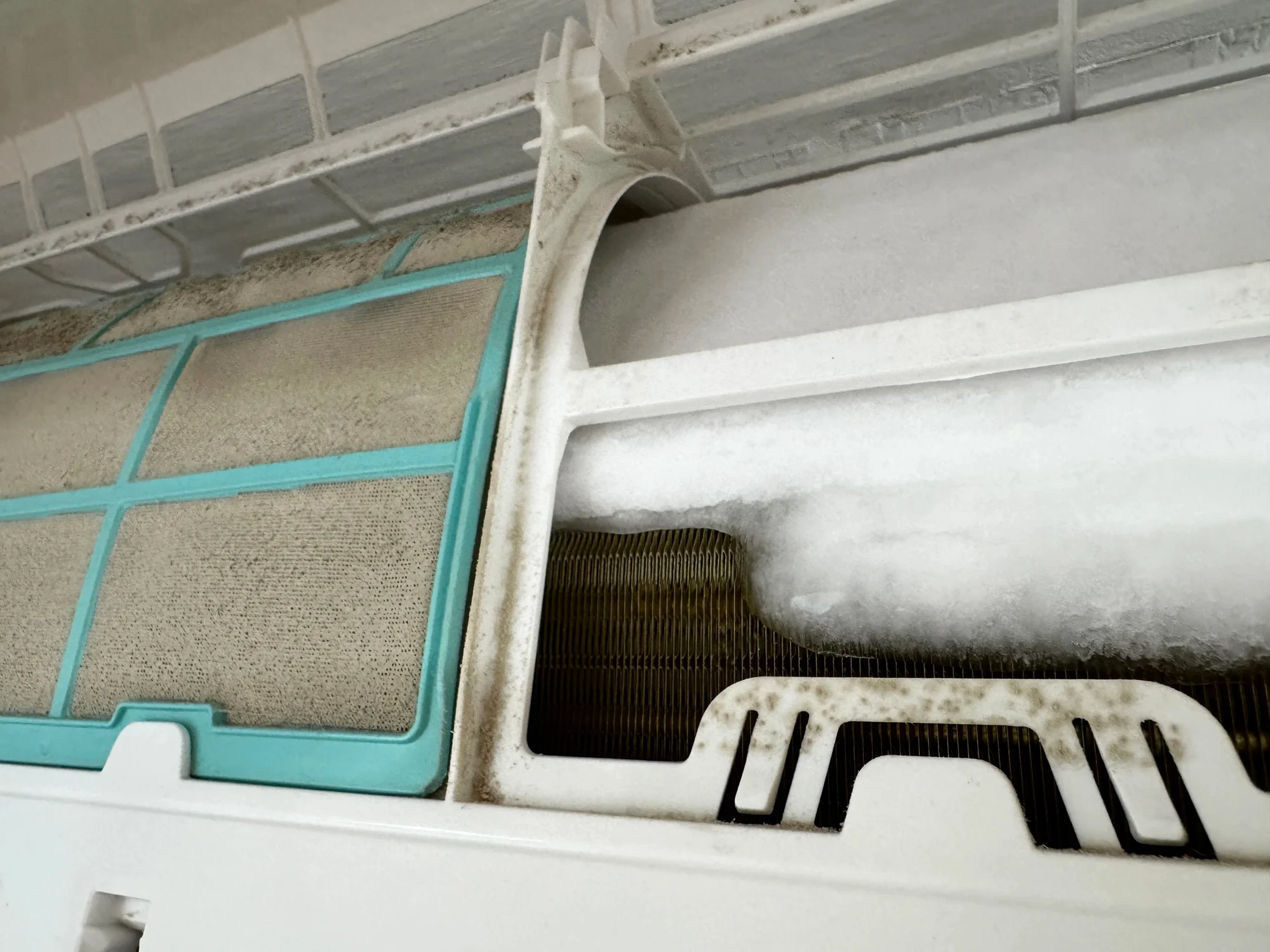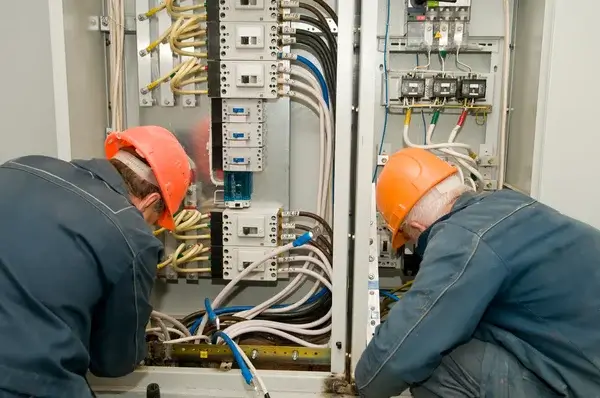
Radon, asbestos, and carbon monoxide are among the most common silent threats in your home. But what if the very system that’s keeping you warm all winter could also be quietly making you sick?
Heat pumps are meant to circulate comfort, not allergens, dust, or mold spores. Yet when they’re dirty, they can turn your cozy home into a hotspot for headaches, congestion, and constant fatigue.
Learning how they affect your health might be the push you need to get prompt Portland heat pump repair and stop what could be a dangerous problem.

How Heat Pumps Can Affect Indoor Air Quality
Heat pumps work by circulating air throughout your home, extracting heat from the outside air during winter and moving it indoors. But as they circulate air, they can also spread dust, pollen, mold spores, and bacteria if the system isn’t well-maintained.
Dirty filters or clogged ducts can worsen these issues, creating an environment where airborne irritants accumulate. Even a high-performing heat pump can become a source of indoor air problems when you overlook regular cleaning and maintenance.
Signs Your Heat Pump Might Be Making You Sick
- Recurring allergy symptoms: Sneezing, itchy eyes, congestion, or sinus problems that seem to flare up indoors.
- Respiratory problems: Coughing, wheezing, shortness of breath, or worsening asthma symptoms.
- General fatigue or irritation: Frequent headaches, tiredness, or a feeling of discomfort while at home.
A key clue is whether symptoms improve when you leave the house. If you feel noticeably better outside, your home’s indoor air might be the culprit.
Common Causes of Heat Pump–Related Illness
Several factors can turn a normally efficient heat pump into a source of indoor air problems:
- Dirty filters and ducts: Dust and debris accumulate over time, circulating allergens throughout your home.
- Mold growth: Moisture can develop inside the unit or ducts, creating a breeding ground for mold spores.
- Improper humidity levels: Heat pumps can either dry out the air too much or fail to remove excess moisture, both of which can irritate respiratory systems.
- Aging or poorly ventilated systems: Older systems may lack modern filtration or airflow design, making it harder to maintain clean indoor air.
How to Protect Your Health and Improve Your Heat Pump
Taking steps to maintain your heat pump can dramatically improve indoor air quality:
- Schedule regular maintenance: Change filters and have a professional inspect your system periodically.
- Clean ducts and coils: Proper cleaning reduces the spread of dust, mold, and bacteria.
- Use supplementary devices if needed: Air purifiers or dehumidifiers can help manage airborne irritants and humidity levels.
- Upgrade your system: Older heat pumps may benefit from modern replacements that improve airflow and filtration.
When to Call a Professional
If you notice persistent illness, visible mold, or strange odors coming from your system, it’s time to call an HVAC professional. Proper inspection and service can prevent minor issues from becoming serious health risks.

Need Reliable Portland Heat Pump Repair?
Don’t let a malfunctioning or poorly maintained heat pump affect your health. Contact A-TEMP for expert heat pump repair, installation, and maintenance.
With over 50 years of experience, our background-checked and drug-tested technicians deliver timely service, clean work areas, upfront pricing, and quality systems from industry-leading manufacturers.
Keep your home safe, healthy, and comfortable—schedule your heat pump service today!
5 Star Rated
Quality Service That Will Make You Smile

Serving All Members of Your Family
Family is built into our company name. For over 50 years, our family-owned & operated HVAC business has taken care of our neighbors. We focus on care for our team so they can focus on care for our customers.


.webp)
.svg)


